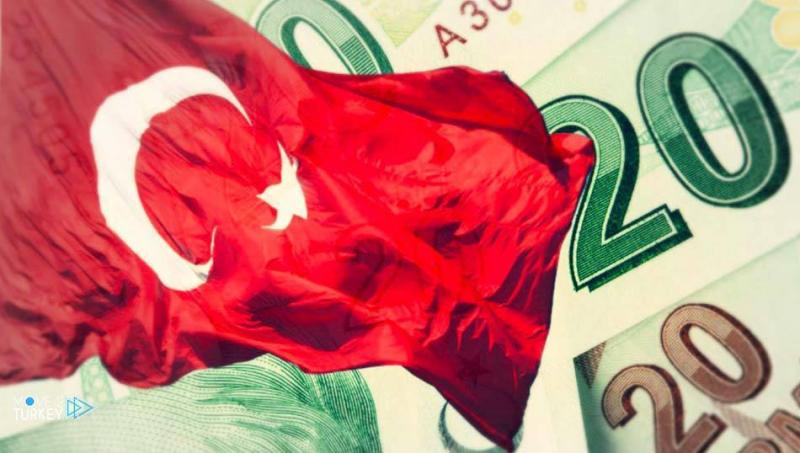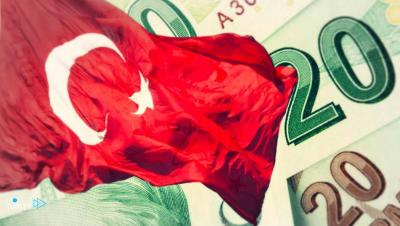Analysts believe that Turkey's expected return to traditional economic policies may not be enough to attract long-term international investments. They argue that the stability, accountability, and transparency needed to reassure investors will only be achieved by restoring predictability and strengthening the rule of law to build trust. President Recep Tayyip Erdoğan appointed a new finance minister to shift away from the previous non-traditional policies that led to rising inflation and a plummeting lira. Erdoğan also appointed Hafize Gaye Erkan as the governor of the Turkish central bank, paving the way for an increase in interest rates.
Following his election, Erdoğan stated, "We plan to manage finances with an international reputation and a productive economy targeting investment and employment." Mohammad Gun, head of the Better Justice Association, remarked, "To make this permanent, it should not rely solely on individuals but on respecting the rule of law." He added, "We need to enhance the legal infrastructure to ensure that the new person who will succeed Şimşek in the future makes the right decisions. We must limit the president's powers."
Gun cited Turkey's decision in 2021 to withdraw from the Istanbul Convention, an international treaty combating gender-based violence, as a message to international markets that any international agreement could be arbitrarily canceled by a presidential decree. Two senior officials from the ruling Justice and Development Party noted that to reassure foreign investors, it is vital to introduce judicial reforms, and the new government will soon announce steps to address the "perceived damage" in the judicial system.
One of the senior officials stated, "It is clear that to ensure economic trust, there is no avoiding legal consistency." Amid severe depletion of foreign currency reserves and the lira hitting record lows, Şimşek's appointment has bolstered expectations that authorities will ease restrictions on foreign exchange, credit, and debt markets.
Analysts argue that in the long term, foreign direct investment in the country will not materialize due to Erdoğan's perceived influence over independent entities like the central bank. Howard Eizenstat, an assistant professor of Middle Eastern history and politics at St. Lawrence University, commented that significant increases in foreign direct investment are unlikely unless Turkey implements substantial reforms addressing major issues like corruption. He added, "Regardless of economic reforms, investment will not see much increase." In contrast, data from the Ministry of Finance showed that foreign direct investment was approximately $13.1 billion last year, an increase from five years ago but roughly in line with 2021.




